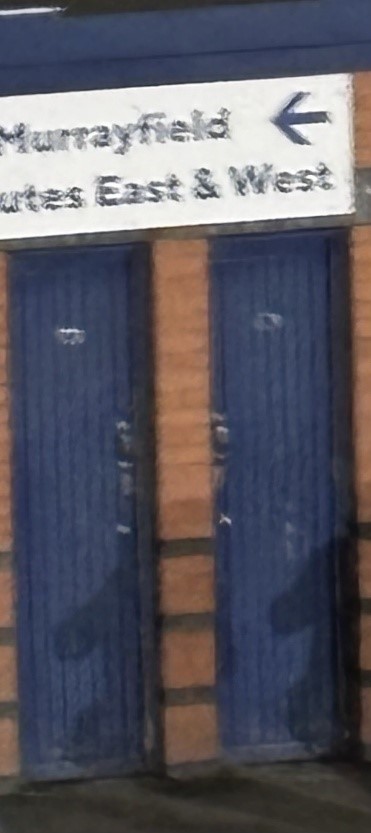
ENTER BY THE NARROW GATE
On Saturday I attended the Calcutta Cup match between Scotland and England at Murrayfield in Edinburgh. 
These are the turnstile gates to get into the ground.
They were too wide for my shoulders and so I had to walk in sideways to fit.
I couldn’t help thinking about what Jesus said about the kingdom of God and the perfect paradise to come…
13 “Enter through the narrow gate. For wide is the gate and broad is the road that leads to destruction, and many enter through it. 14 But small is the gate and narrow the road that leads to life, and only a few find it. (Matthew 7:13-14)
Sometimes less is more.
So I’ll just leave this here for your contemplation as we enter Lent ….
Doug
GETTING BACK TO BASIC PRICIPLES….